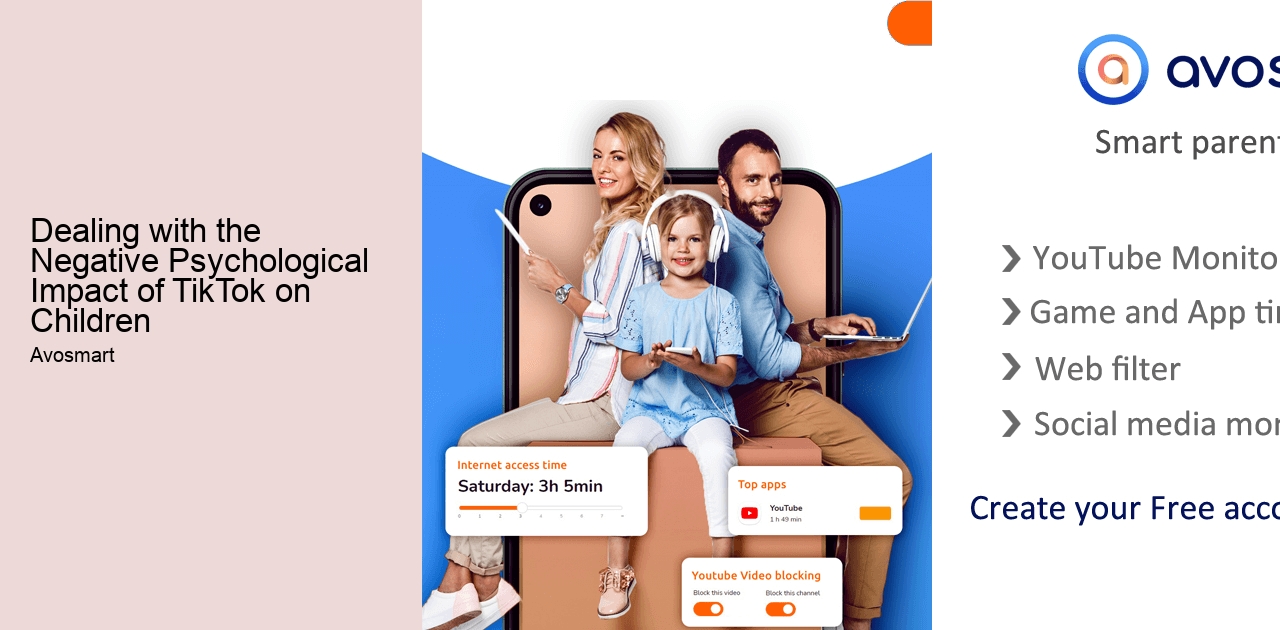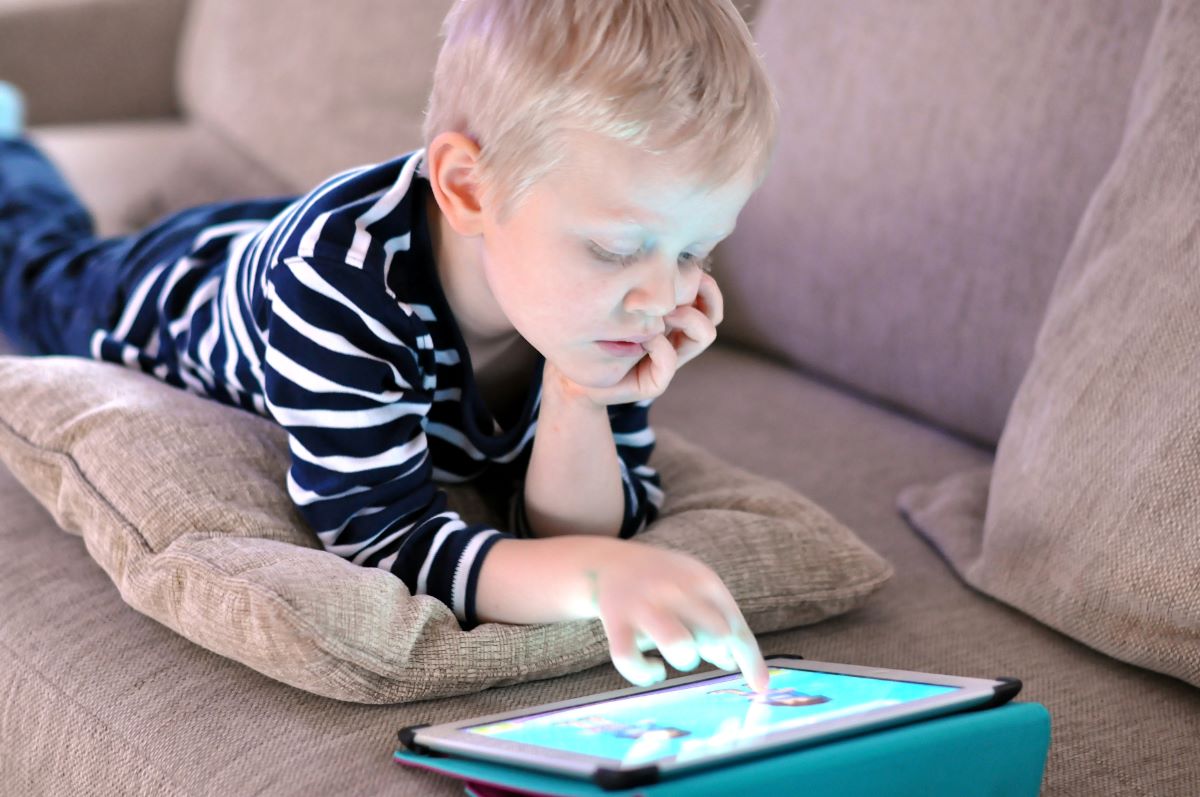
Understanding the Potential Harmful Effects of TikTok on Children's Mental Health
Dealing with the Negative Psychological Impact of TikTok on Children
While TikTok offers entertainment, it also brings potential risks to children's mental health. The constant stream of content can lead to comparison, low self-esteem, and cyberbullying. Parents should educate children about these risks and promote digital literacy. Encouraging a balanced approach to social media usage and fostering strong offline connections can counteract the harmful effects on mental well-being.

